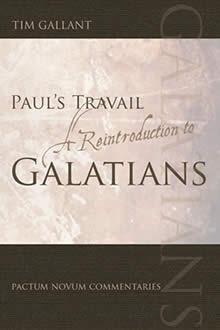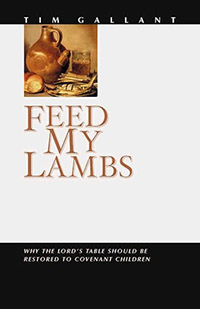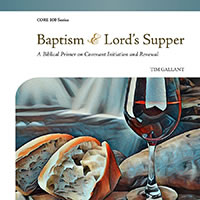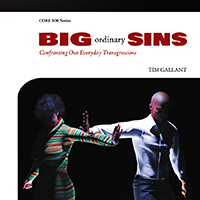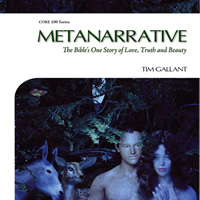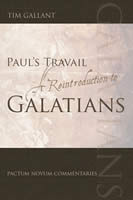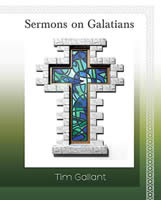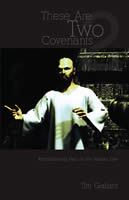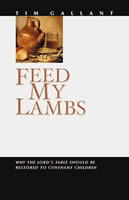Reviews & Comments Nice stuff people say.
Comments on Paul’s Travail
This commentary stands in the best tradition of what I might cumbersomely term grammatical-historical-theological exegesis. It doesn’t glide along the surface of the text, stringing together “principles” designed to harmonize with a larger “biblical theology” (a conservative tack); nor does it situate Paul within his historical context, of which his theology is a reflection and to which it is a reaction (a liberal tack). Rather, Gallant’s work sees Paul’s very consciousness as set on a radical new footing by his miraculous encounter with Jesus of Nazareth, which in turn put his theology on a radical new footing. Galatians is Paul’s nearly frenetic attempt to rescue his beloved children in the Faith from losing that footing due to false teachers among the apostolic number. It’s an ingenious thesis, and even if you don’t buy it in toto, you’ll be impoverished if you don’t consider it with utmost seriousness.
—P. Andrew Sandlin
Founder and President
Center for Cultural Leadership
Comments on These Are Two Covenants
This is an instance of a rigorous and enlightening study that has not received attention because it is not published through the mainstream academic gatekeeping institutions. Their loss.
Gallant shows, in careful step-by-step unpacking of Paul’s arguments, that the apostle taught something quite different from the usual “abolition” and “continuity” theses concerning the Torah. Unlike Theonomy, Gallant’s salvation-historical approach to the role of the Torah yields arguments that make sense of the text and do not procrusteanize the Scripture to fit a preconceived theological framework. Having done the heavy lifting in Romans and Galatians, Gallant is able to show the fruit of his hermeneutic in his interpretations of relevant texts from the gospels, and in the easy dissolution of long-standing theological impasses that have beset the Reformed tradition.
Gallant shows that he is conversant with the New Perspective on Paul and is able to derive exegetical insights from NPP scholars without being uncritically accepting of their every claim.
—Dr. Matthew Colvin
Comments on Feed My Lambs
“Feed My lambs,” Jesus commanded Peter, but historically the Reformed churches have taught that lambs may eat everything but real food and must be fed everywhere but at the Lord’s Table. During the past twenty years, many have become convinced that covenant children belong at the covenant meal and have challenged the traditional practice, yet there has been no systematic defense of paedocommunion. Until now. Tim Gallant has made an important contribution to this ongoing discussion, and, more importantly, has called us to fuller obedience to the Good Shepherd.
—Peter J. Leithart
President
Theopolis Institute
With this book, Tim Gallant has cemented his place in church history.... Get it; read it; digest it; and urge your pastor to do the same.
—Garry Vanderveen
Pastor
Christ Covenant Church, Langley, BC
Tim Gallant has written an outstanding treatment of the vexed question of paedo-communion called Feed My Lambs. The book is thorough in its treatment of the exegetical questions, completely capable with regard to the theological issues, and irenic in tone throughout. The information contained here on the practice of the Church throughout history is also very valuable. Any pastor who deals with this issue, on either side, needs to obtain a copy of the book. It is an outstanding treatment.
—Douglas Wilson in Credenda Agenda
Pastor
Christ Church, Moscow, ID
